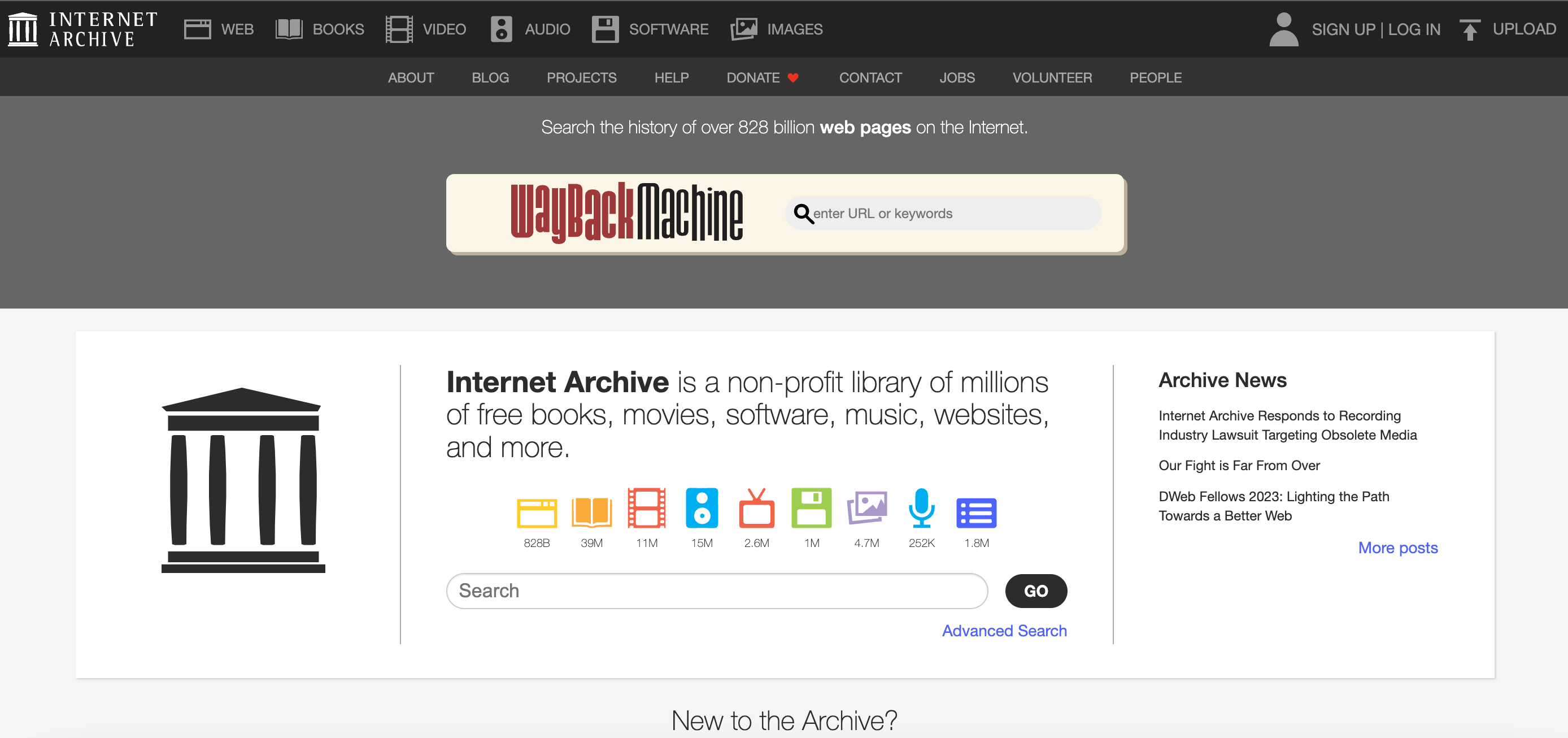Audio
| Time | Annotation | Layer |
|---|---|---|
| 0:39–0:52 | The issues involving access to audio are not only applicable to artifacts found in LAMs (libraries, archives, and museums); institutions or private organizations which host collections oftentimes don't make audio available to download or have a correct URL available in the browser. This makes perfect sense as these institutions/organizations want to maintain ownership of this audio. However, this causes major issues for AVAnnotate, and I've found this to deter use of the software. | Information |
| 0:57–1:02 | In my personal experience, not having the option to listen to certain audio—or being able to listen to audio but only in a reading room—significantly impacts the information being communicated through AVAnnotate's software. Users aren't able to fully exercise the potential of AVAnnotate when audio artifacts aren't able to be downloaded, listened to repeatedly, and presentable via Universal Viewer in a project exhibit. | Information |
| 2:41–3:04 | Not having access to an audio file, but having access to the information in the file, is a recurring issue that AVAnnotate is built to help solve. This is because the use of IIIF (International Image Interoperability Framework) manifests within LAMs can fix the issue of file access but maintain ownership and rights to the material. As of now, beyond integration of IIIF in to more LAMs, there is no other way to solve issues of file access other than communicating with holding institutions to (hopefully) get access to files. And even then, these institutions may not accept these files being uploaded online to the static pages AVAnnotate builds for users. I see what AVAnnotate is hoping to accomplish, but for now, it's still difficult to work with audio provided by certain institutions. | Information |
| 0:20–0:24 | While conducting workshops and teaching how to create projects with their own audio material, I've found that, more often than not, audio is accessible online, but there isn't a direct link available. This is a recurring issuing which stems from privacy concerns and rights which must be maintained by LAMs (libraries, archives, and museums) and trusts which provide audio artifacts for public use. | GRA Context |
| 1:52–2:05 | During my work as a Graduate Research Assistant for AVAnnotate, I tested and searched for other venues to host audio. As it turned out, Internet Archive was still the best option for hosting audio, as it's free and easy to use, and it's a dependable option. There aren't many alternative options to host audio that meet these three requirements. The other two options are Box and GitHub, and the latter only allows files of a smaller size, which can be an issue for audio of certain length. To avoid the hassle of cutting audio files into smaller pieces, having links that expire due to a lack of dependability, or decreased engagement with AVAnnotate due to a paywall, Internet Archive is the best option to host audio. | GRA Context |
| 3:05–3:14 | During my first year of assisting with the project, the Principal Investigator, Dr. Tanya Clement, was able to create an AVAnnotate project by just annotating the artifact. Meaning, she excluded the audio played in Universal Viewer in her AVAnnotate exhibit; there were just annotations of the page. This is a possible solution to inaccessible audio, but it still requires permission from the owner to publish the annotations. And again, without combining the audio and annotations in a single exhibit, AVAnnotate doesn't fully accomplish what it sets out to provide users: a way to sustain access by creating IIIF manifests and annotations in a single space. | GRA Context |
| 3:16–3:57 | I was a coordinator for a program which utilized AVAnnotate, and I had an issue where a library wasn't able to provide certain access to audio due to privacy details explained in a trust associated with a collection of audio materials. This can be difficult to resolve. Figuring out a solution that properly uses the benefits of AVAnnotate and, at the same time, respects the permissions of the trust and library, is a difficult task. | GRA Context |
| 1:52 |

|
Image |
IIIF manifest: audio/manifest.json